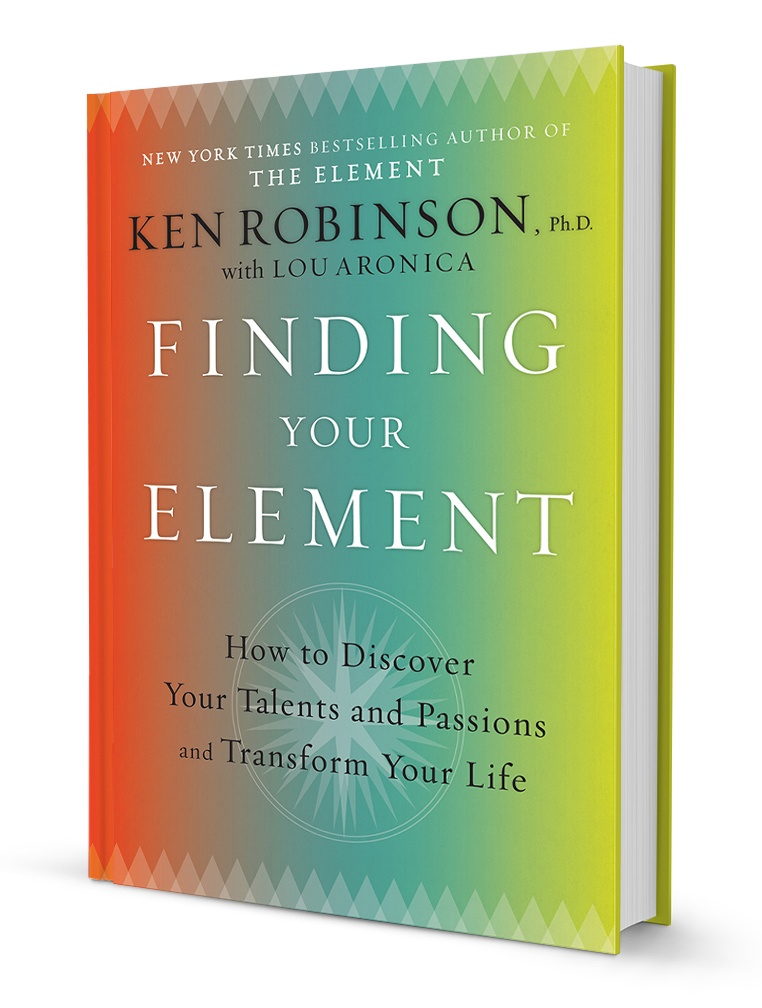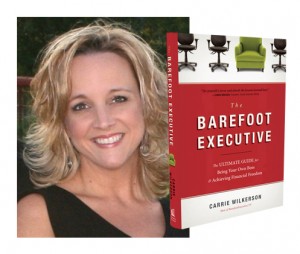200 – 2014, The Year Of Finding Your Element
Podcast: Play in new window | Download (Duration: 33:57 — 31.5MB)
Subscribe: Apple Podcasts | Spotify | RSS | More

It’s about time to put a bow on 2013.
“Wrap it up, I’ll take it.” -The Fabulous Thunderbirds
If we’re talking about 2013 (and we are), the question is, “Where are we gonna take it?”
Some people want to take it and flush it down the toilet. Others want to take it and replicate it.
Maybe you want to take it and run away from it. Or maybe you want to hang onto it and never let it go.
Many years ago an old business guy asked me, “Do you know why one business in a crappy location does well and another one in a great location has to close its doors?”
I was young and unsure what the answer was. I had some ideas, but I had no idea what answer he was fishing for. I said, “I’m not sure.”
“The successful business has a better manager,” he said.
That was over 30 years ago so I’ve had a long time to think about that conversation. It’s mostly true because leadership matters. It’s mostly true because a person can make a positive (or negative) difference. It’s mostly true because all of us do things that bring us the results we get. Not always, but mostly.
Putting A Bow On 2013, Personal Leadership & Doing Right By Yourself

Personal leadership.
Question: Would that lead duck do the same thing even if his quack-mates weren’t following?
He would if he was watching out for himself and doing right by himself. That means, if he cares about his own welfare, he’ll do the right thing. Does the weight of the followers compel him to make decisions he might not otherwise make? Likely. Leadership does bring responsibilities.
If that lead duck doesn’t act and do the things that will profit his own life and the life of his followers, then he’s not much of a leader. It’s not merely self-interest. It’s wisdom.
That’s what I wish for all of us — personal leadership manifested in our wisdom to lead our own lives, figure things out and make the new year everything we want it to be. There’s no guarantees…other than the guarantee that you won’t reach your goals if you don’t try. So, try hard, then try harder.
It’s not about entrepreneurship.
You’d think building your own business is the only path to success. Carol Roth wrote about book about it in 2011, “The Entrepreneur’s Equation.” Ms. Roth articulated brilliantly what many business people have argued for years. Starting and owning a business isn’t everybody’s cup of tea. Stop listening to the biz opp (business opportunity, aka Internet marketing) crowd. Roth correctly argues that we don’t expect everybody to be a professional athlete, or a surgeon, or an attorney, or anything else. There is no single path to the proverbial good life. We each have to find or create our own way.
In 2013 I continued to encounter people who felt like misfits because they liked their work — they enjoyed their job! Heresy. I suspect right now too many people are reading too much, listening too much and being influenced to be discontented with a professional life that may suit them just fine. But everybody is telling them how awful it is to have a job and work “for the man.”
I’ve spent my entire life in business, but that’s not the only path. For many, it’s a terrible choice. And boy am I glad. Else we wouldn’t have music, art, film, entertainment, sports, medicine, science and a host of other things that improve the quality of our lives.
We all enjoy the benefits of good people doing good work. Some do remarkable work. I’m hoping more of them will take pride in it in 2014 and not be swayed by the noise of entrepreneurship. Besides, as Roth correctly points out. More businesses fail than succeed. FAR more.
Your personal brand is whatever you want it to be.
Build your platform. Create your own tribe. Assemble an audience. It sounds terrific. Who wouldn’t want that? Maybe you. Maybe your friends. There are plenty of people who prefer quieter lives devoted to doing good work, providing for their family, helping their friends and having a good life that may differ from the stereotypical “good life.”
That’s a personal brand. The rock solid employee who is reputable, reliable and competent has crafted a positive platform.
It’s a personal brand. The 6-figure celebrity public speaker who has global recognition. It’s a platform.
“That’s not what he wants,” is the argument against the humble lifestyle. But that’s a bias that presupposes that everybody wants what we want. They don’t. It also presupposes the myth that any of us can be whatever we want. “You can do whatever you put your mind to,” is among the biggest lies of all.
Dirty Harry said it best, “A man’s gotta know his limitations.” Not enough people know that. Some of us clearly focus too much on our limitations and not enough on our strengths. No matter, we can all use our talents and craft a personal life – and a life – that suits us well.
 These are my people.
These are my people.
I was talking with Bettye Zoller, a veteran voice actress in Dallas. It was an interview I was recording for a new project, ChasingDFWCool.com.
During our conversation she recalled first finding out about this craft of voice acting. She said very quickly she felt at home. “These are my people,” she told me.
Sir Ken Robinson calls that the same thing he titled his last book, “Finding Your Element.” Have you found your element? Not somebody else’s element…your own?
Maybe you spent 2013 trying to fit in the element somebody else told you was the way to go. And maybe you were miserable. Stop it. Step away from the noise of the maddening crowd and find your own path. Look for the life – and the people – who fit you better. Hopefully, with some effort, you’ll find a crowd you instantly recognize as being “your people.” A place and a crowd where you fit right in. Your element.
I don’t know what that looks like for you. Or what it might feel like. Truth is, I have my own days where I’m unsure of what it looks like for me!
It remains the epiphany worth searching for. If you found yours already, be thankful. Embrace it. Push forward.
If you’ve not yet found yours, keep looking. Keep trying things. Examine yourself. Discover your strengths. Soar with those. Don’t over-estimate your weaknesses and don’t under-estimate your strengths.
I hope 2014 is the year you find your element.

200 – 2014, The Year Of Finding Your Element Read More »

 Rae Hoffman is
Rae Hoffman is  Carrie Wilkerson is
Carrie Wilkerson is 


 A blog post is written by an A-list blogger with tens of thousands of daily readers. Quite often the comment ice will be broken by a reader whose feedback is nothing more than fan adoration. Fandom is a form of positive feedback, but how helpful is it to the blogger. Can the blogger gain any benefit? Does it serve as a barometer of the quality of that particular post? Will the blogger adjust her content based on the comments?
A blog post is written by an A-list blogger with tens of thousands of daily readers. Quite often the comment ice will be broken by a reader whose feedback is nothing more than fan adoration. Fandom is a form of positive feedback, but how helpful is it to the blogger. Can the blogger gain any benefit? Does it serve as a barometer of the quality of that particular post? Will the blogger adjust her content based on the comments?